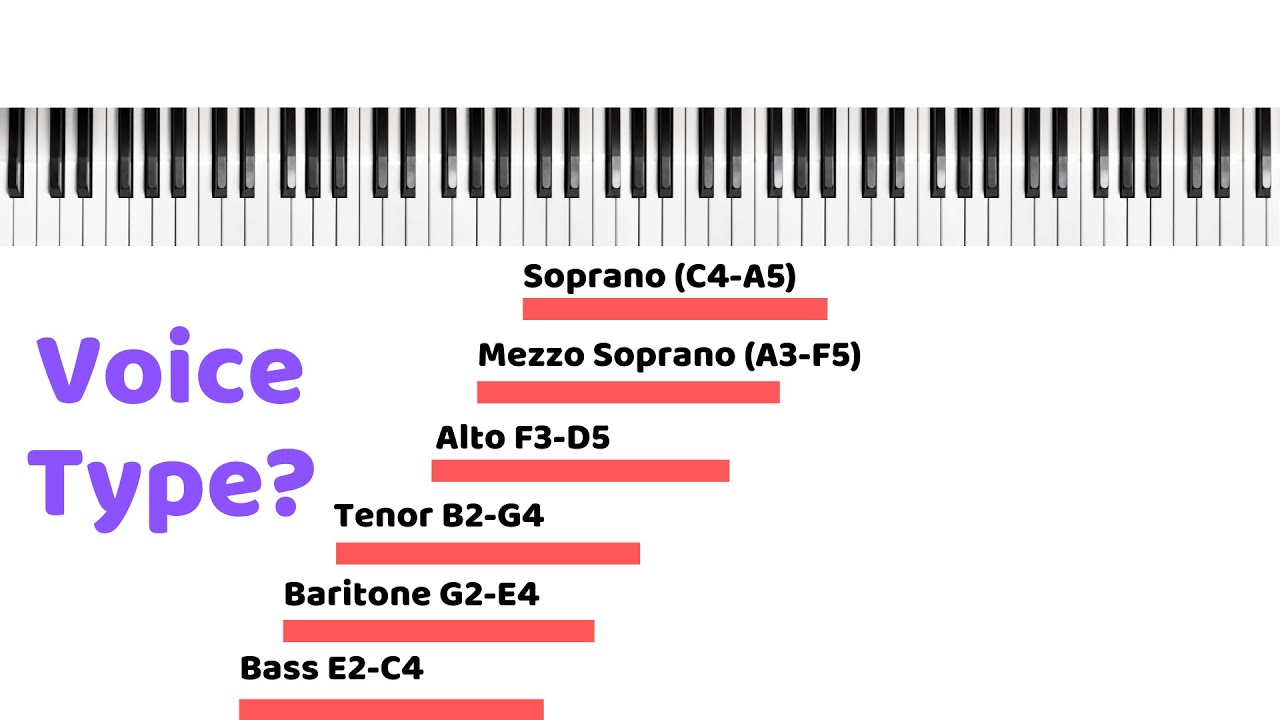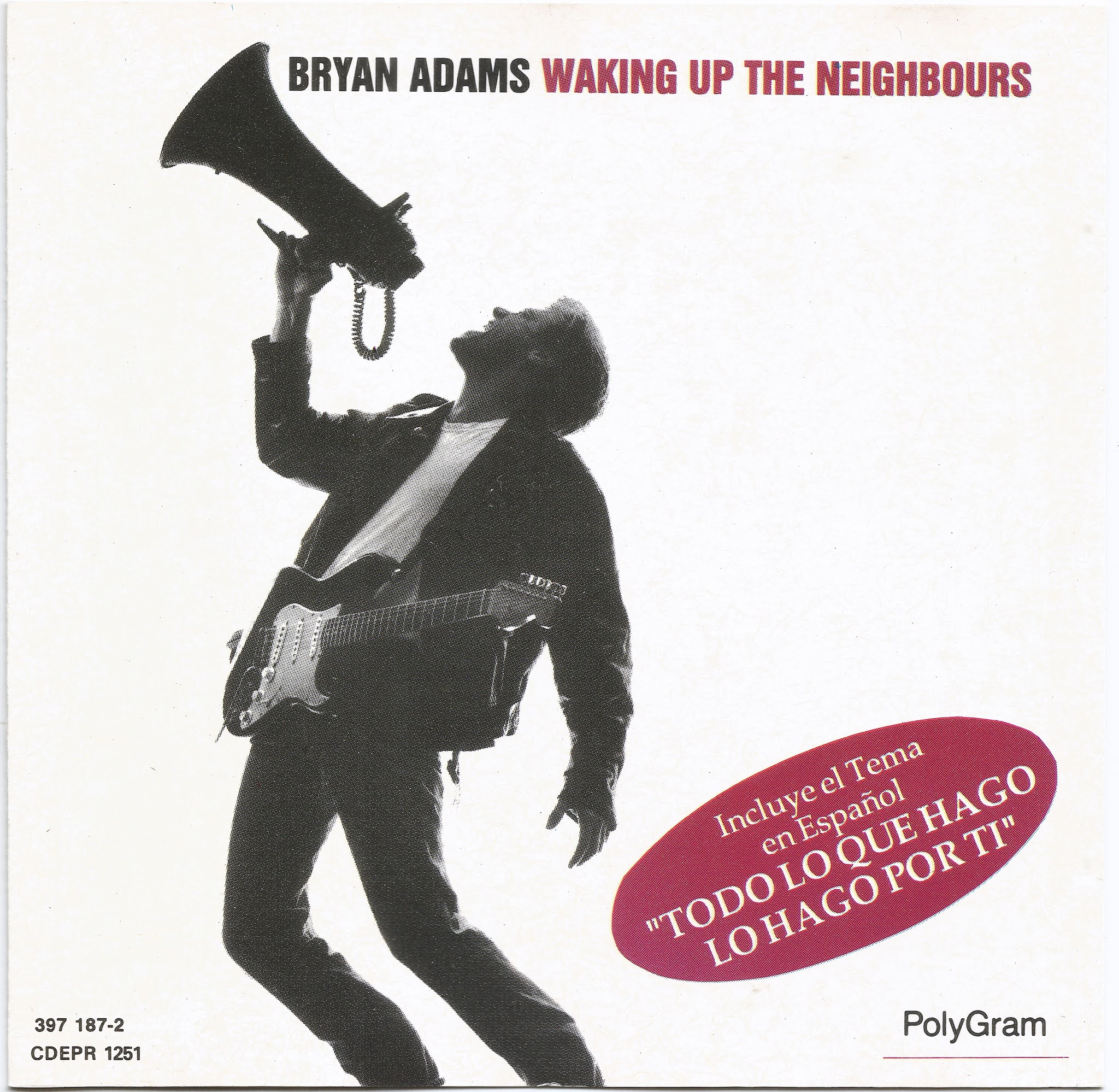 Voice Types: Understanding the Key to Effective Singing and Public Speaking
Voice Types: Understanding the Key to Effective Singing and Public Speaking
The power of the human voice is undeniable. Whether it’s captivating an audience through song or commanding attention with a persuasive speech, the way we use our voices can have a profound impact. One crucial aspect that influences the effectiveness of vocal performance is understanding voice types. In this article, we will delve into the concept of voice types and explore their significance in singing and public speaking.
Voice types refer to the classification of voices based on their unique characteristics and capabilities. Each voice type possesses distinct qualities that can greatly enhance or limit its range and projection. The classification system primarily focuses on the vocal range, tessitura (the most comfortable part of a singer’s range), vocal timbre, and the overall weight and color of the voice. Understanding voice types allows singers and speakers to identify their strengths, weaknesses, and areas for improvement.
In the realm of singing, voice types play a crucial role in choosing suitable repertoire and ensuring the optimal performance of a piece. For instance, a soprano—a voice type characterized by its high range and bright timbre—may excel in performing soaring melodies in operatic arias. Conversely, a bass or a baritone—lower male voice types—might find their strengths lie in delivering rich and resonant low notes, providing a solid foundation to choral harmonies or powerful solos. By understanding and harnessing the unique qualities of their voice types, singers can showcase their abilities to their fullest potential.
The significance of voice types extends beyond the realm of singing and into public speaking as well. Effective communication relies heavily on vocal delivery, and understanding one’s voice type can greatly enhance the impact of a speaker’s message. For example, a speaker with a naturally resonant and commanding voice, such as a bass or a mezzo-soprano, might excel at delivering speeches that require authority and depth. Conversely, a soprano or tenor, with their brighter and more agile voices, may excel in conveying energy and enthusiasm in more dynamic presentations. By recognizing their voice type, speakers can adapt their delivery techniques, such as modulation and projection, to engage and captivate their audience more effectively.
Furthermore, understanding voice types can help individuals make informed decisions regarding vocal training and career choices. By identifying their natural vocal attributes, individuals can seek guidance from vocal coaches or instructors who specialize in their voice type. This tailored approach allows singers and speakers to develop their voices with techniques specifically designed to enhance their unique characteristics. It also aids in making informed decisions about pursuing specific genres or roles that align with their voice types, increasing the likelihood of success and fulfillment in their artistic or professional endeavors.
In conclusion, voice types are an essential aspect of singing and public speaking, influencing the way we communicate and connect with others. By understanding our voice types, we can unlock our vocal potential, make informed choices about repertoire and career paths, and deliver performances that resonate with audiences. Whether you’re a singer or a speaker, embracing and harnessing the strengths of your voice type is the key to achieving impactful and memorable performances. So, explore your voice, embrace its uniqueness, and let it soar with confidence and purpose.
Determining Your Voice Type: Unleashing the Power of Your Unique Voice
Your voice is a remarkable instrument, capable of expressing a wide range of emotions and captivating an audience. Whether you’re a budding singer or simply curious about your vocal abilities, understanding your voice type can be a valuable step in your musical journey. In this article, we will provide you with guidelines and tips on how to identify your own voice type, focusing on factors such as vocal range, timbre, and tessitura. By discovering and embracing your unique voice, you can unlock its full potential and embark on a fulfilling musical adventure.
When it comes to determining your voice type, the first factor to consider is your vocal range. This refers to the span between the lowest and highest notes you can comfortably produce. Start by exploring your range by singing different scales or exercises, gradually moving from the lowest to the highest notes. Pay attention to the points where your voice feels strained or uncomfortable, as these can indicate the limits of your range. By identifying the highest and lowest notes you can comfortably hit, you can begin to understand whether you fall into the categories of soprano, mezzo-soprano, alto, tenor, baritone, or bass.
In addition to range, the timbre of your voice plays a crucial role in determining your voice type. Timbre refers to the unique quality, color, and texture of your voice. It encompasses elements such as brightness, warmth, richness, and resonance. Listen carefully to recordings of your voice, and try to discern the distinct characteristics that set it apart. Does your voice have a bright and clear quality, or is it more rich and velvety? Is it resonant and vibrant, or soft and mellow? Understanding the timbre of your voice can give you further insights into your voice type and help you select appropriate repertoire.
Another important aspect to consider is your tessitura, which refers to the range of notes where your voice feels most comfortable and sounds the best. While your overall range may span several octaves, your tessitura represents the sweet spot within that range. Pay attention to the notes where your voice feels most comfortable, where you have the greatest control and ease of expression. This will help you identify the part of your range where your voice truly shines and where you can project your emotions with the utmost clarity and power.
Discovering your voice type is not about fitting into specific molds or limitations but about embracing and celebrating your unique qualities. Every voice is different, and each voice type brings its own beauty and versatility to the world of music. By understanding your voice’s range, timbre, and tessitura, you can make informed choices about the genres, styles, and repertoire that are best suited to showcase your vocal abilities. Remember, your voice is a gift, and by discovering your voice type, you can unlock its full potential, allowing it to soar and touch the hearts of others.
In conclusion, determining your voice type is an essential step in your musical journey. By exploring your vocal range, understanding the timbre of your voice, and identifying your tessitura, you can gain valuable insights into your unique voice. Embrace the qualities that make your voice special, and use this knowledge to select appropriate repertoire and showcase your talents. Remember, your voice is an extraordinary instrument, and by understanding and nurturing it, you can unleash its full potential and embark on a fulfilling and rewarding musical adventure.
Determining Your Voice Type: Unleashing the Power of Your Unique Voice
Your voice is a remarkable instrument, capable of expressing a wide range of emotions and captivating an audience. Whether you’re a budding singer or simply curious about your vocal abilities, understanding your voice type can be a valuable step in your musical journey. In this article, we will provide you with guidelines and tips on how to identify your own voice type, focusing on factors such as vocal range, timbre, and tessitura. By discovering and embracing your unique voice, you can unlock its full potential and embark on a fulfilling musical adventure.
When it comes to determining your voice type, the first factor to consider is your vocal range. This refers to the span between the lowest and highest notes you can comfortably produce. Start by exploring your range by singing different scales or exercises, gradually moving from the lowest to the highest notes. Pay attention to the points where your voice feels strained or uncomfortable, as these can indicate the limits of your range. By identifying the highest and lowest notes you can comfortably hit, you can begin to understand whether you fall into the categories of soprano, mezzo-soprano, alto, tenor, baritone, or bass.
In addition to range, the timbre of your voice plays a crucial role in determining your voice type. Timbre refers to the unique quality, color, and texture of your voice. It encompasses elements such as brightness, warmth, richness, and resonance. Listen carefully to recordings of your voice, and try to discern the distinct characteristics that set it apart. Does your voice have a bright and clear quality, or is it more rich and velvety? Is it resonant and vibrant, or soft and mellow? Understanding the timbre of your voice can give you further insights into your voice type and help you select appropriate repertoire.
Another important aspect to consider is your tessitura, which refers to the range of notes where your voice feels most comfortable and sounds the best. While your overall range may span several octaves, your tessitura represents the sweet spot within that range. Pay attention to the notes where your voice feels most comfortable, where you have the greatest control and ease of expression. This will help you identify the part of your range where your voice truly shines and where you can project your emotions with the utmost clarity and power.
Discovering your voice type is not about fitting into specific molds or limitations but about embracing and celebrating your unique qualities. Every voice is different, and each voice type brings its own beauty and versatility to the world of music. By understanding your voice’s range, timbre, and tessitura, you can make informed choices about the genres, styles, and repertoire that are best suited to showcase your vocal abilities. Remember, your voice is a gift, and by discovering your voice type, you can unlock its full potential, allowing it to soar and touch the hearts of others.
In conclusion, determining your voice type is an essential step in your musical journey. By exploring your vocal range, understanding the timbre of your voice, and identifying your tessitura, you can gain valuable insights into your unique voice. Embrace the qualities that make your voice special, and use this knowledge to select appropriate repertoire and showcase your talents. Remember, your voice is an extraordinary instrument, and by understanding and nurturing it, you can unleash its full potential and embark on a fulfilling and rewarding musical adventure.
Training and developing your voice is a crucial aspect for individuals aspiring to enhance their vocal abilities. Improving your voice requires a combination of strategies and techniques tailored to your specific voice type. This article aims to provide insights into effective ways to train and develop your voice, including vocal exercises, proper breathing techniques, and seeking professional guidance.
Vocal exercises play a vital role in strengthening the muscles involved in producing sound. These exercises help to expand your vocal range, improve tone and clarity, and enhance overall vocal control. Warm-up exercises such as lip trills, sirens, and tongue twisters can be beneficial in preparing your voice for singing or speaking. Additionally, practicing scales and arpeggios can assist in developing pitch accuracy and agility.
Proper breathing techniques are essential for vocal development. Learning to breathe properly and support your voice allows for better control and projection. Diaphragmatic breathing, also known as belly breathing, involves taking deep breaths that engage the diaphragm, the main muscle responsible for respiration. By mastering this technique, you can supply your voice with sufficient airflow and create a more resonant and powerful sound.
Seeking professional guidance is highly recommended for individuals serious about improving their vocal abilities. Vocal coaches or singing teachers possess the knowledge and expertise to assess your voice, identify areas for improvement, and provide personalized instruction. They can guide you through vocal exercises, teach you proper technique, and help you develop your unique style. Working with a professional allows for regular feedback and ensures that you are on the right track to vocal improvement.
In addition to vocal exercises and professional guidance, it is crucial to take care of your voice and prioritize vocal health. Adequate hydration is essential for maintaining vocal cords’ flexibility and preventing vocal fatigue. Drinking plenty of water and avoiding excessive caffeine and alcohol can help keep your voice in optimal condition. Additionally, avoiding behaviors that strain the vocal cords, such as yelling or excessive throat clearing, can prevent potential vocal damage.
Consistency and patience are key when training and developing your voice. It’s important to establish a regular practice routine and commit to it. Consistent practice allows your voice to adapt and improve over time. Remember, progress may not be immediate, but with perseverance and dedication, you can unlock your vocal potential.
In conclusion, training and developing your voice requires a multi-faceted approach. Vocal exercises, proper breathing techniques, and seeking professional guidance are crucial steps towards improving your vocal abilities. By incorporating these strategies into your practice routine and taking care of your vocal health, you can enhance your voice and reach new heights in your singing or speaking endeavors. So, start your vocal journey today and unlock the power of your voice!
Utilizing Your Voice Type Effectively: Unlocking the Power of Your Unique Voice
In various forms of expression, such as singing, public speaking, or even everyday conversation, our voice plays a crucial role in communicating our thoughts, emotions, and intentions. Understanding your voice type and how to utilize it effectively can greatly enhance your performance and communication skills. By embracing and harnessing your unique vocal qualities, you can unlock a world of possibilities for self-expression and connect with others on a deeper level.
Your voice is as unique as your fingerprint, and discovering your voice type is the first step towards utilizing it effectively. Just like different musical instruments, voices come in various ranges and qualities that contribute to their distinctiveness. Common voice types include soprano, alto, tenor, and bass, each with its own set of characteristics. However, beyond these traditional voice classifications, everyone possesses their own individual voice type, influenced by factors such as pitch, timbre, resonance, and vocal range.
Once you have identified your voice type, you can begin to explore its potential and develop techniques to enhance your performance. For singers, understanding your vocal range and tessitura (the most comfortable and expressive part of your range) allows you to choose songs that suit your voice and showcase its strengths. By selecting repertoire that aligns with your vocal qualities, you can captivate audiences with the authenticity and power of your voice.
Similarly, in public speaking, knowing your voice type can be a game-changer. It enables you to project your voice effectively, maintain clarity, and captivate your listeners. Whether you have a commanding baritone or a mellifluous soprano, embracing your unique vocal qualities can make your words resonate with authenticity and impact. Understanding how to modulate your voice, emphasize key points, and vary your tone and pace can elevate your public speaking skills and engage your audience on a deeper emotional level.
Beyond the technical aspects, embracing your voice type fosters self-acceptance and confidence. Each voice has its own beauty and charm, and by celebrating your vocal uniqueness, you can develop a strong sense of identity and authenticity. Comparing yourself to others or attempting to imitate someone else’s voice only limits your potential for growth and self-expression. Instead, focus on refining and harnessing the qualities that make your voice special, and watch as your performances and communication skills soar to new heights.
In conclusion, discovering and utilizing your voice type effectively is a transformative journey. Whether you’re a singer, a public speaker, or someone who simply wants to improve their communication skills, embracing your unique vocal qualities is key. By understanding your voice type, exploring its potential, and celebrating your individuality, you can unlock a world of possibilities for self-expression, connection, and personal growth. So go ahead, let your voice be heard, and watch as it becomes an instrument that leaves a lasting impact on those who listen.



